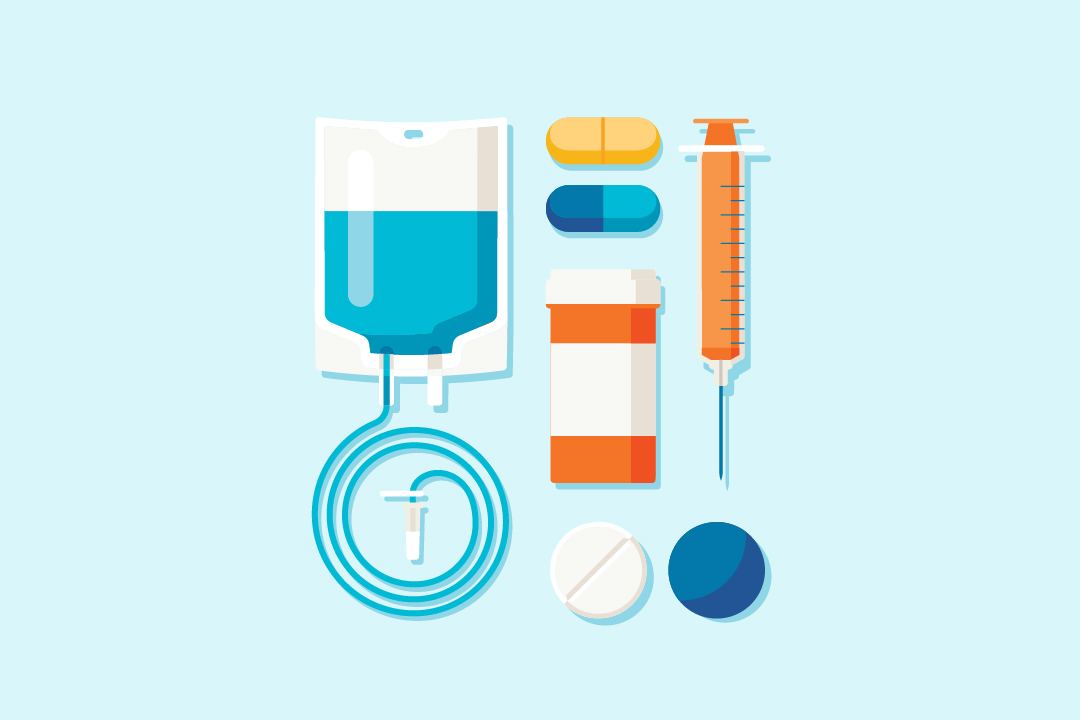Biosimilars vs. biologics
The first competitor for Humira® (adalimumab) has arrived in the U.S market. Humira is a biologic drug used safely and effectively by more than a million patients living with serious inflammatory diseases.1 Amjevita™ (adalimumab-atto), is a biosimilar drug manufactured by Amgen.2
Still more new biosimilar products are waiting to compete not just with Humira, but with dozens of other biologic drugs over the next few years.
Biologic drugs are complex molecules manufactured inside living systems.3 Biosimilars are biologic drugs that are highly similar to and have no clinically meaningful differences in terms of safety, purity and potency from an existing U.S. Food and Drug Administration (FDA)-approved biologic.4
While they differ structurally, both generics and biosimilars enter the market after the original brand is no longer protected from competition. Biosimilars, like generic drugs, may reduce the price of therapies compared to the original branded medicines.
In this article, we will review the cost savings we expect from the coming surge of biosimilar drugs. In addition, we will also examine the question of how, or whether, the new drugs may be substituted for the existing biologics.
Impact of biosimilar sales prices
Biosimilars aren’t completely new. They first became available in the U.S. in 2015, and have already made an impact in costs.5
One study has found that average biosimilar sales prices are more than 50% lower than the original branded ("reference") product. And the prices for the branded biologics themselves also decline once biosimilars enter their space. Prices for brand-name biologics fall 25% on average once biosimilars arrive.6













